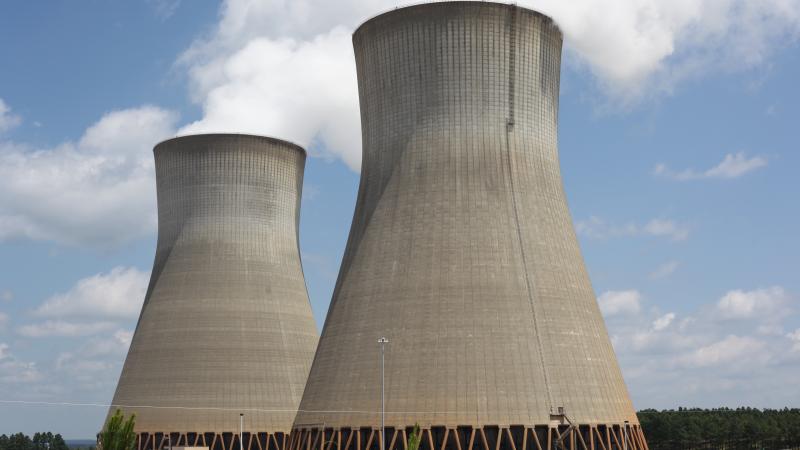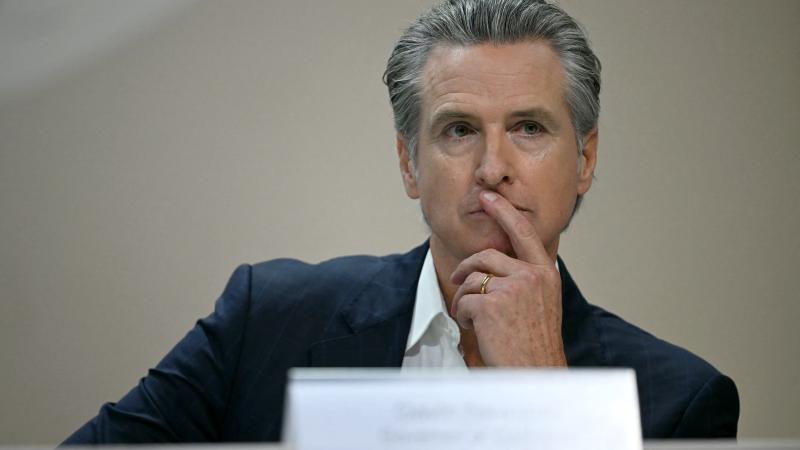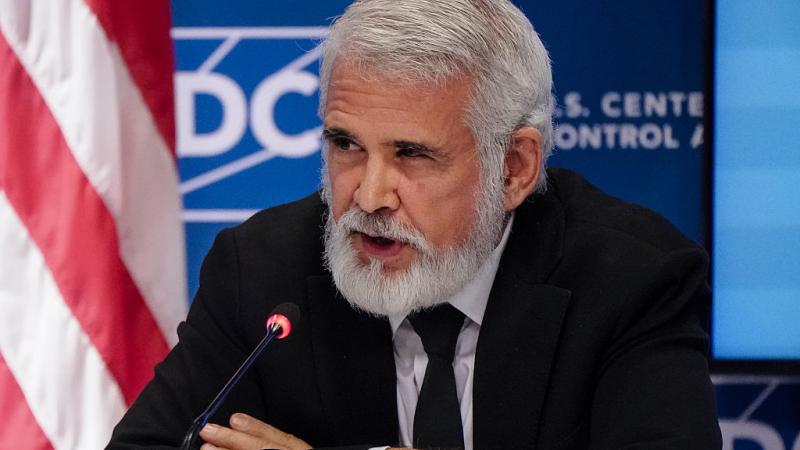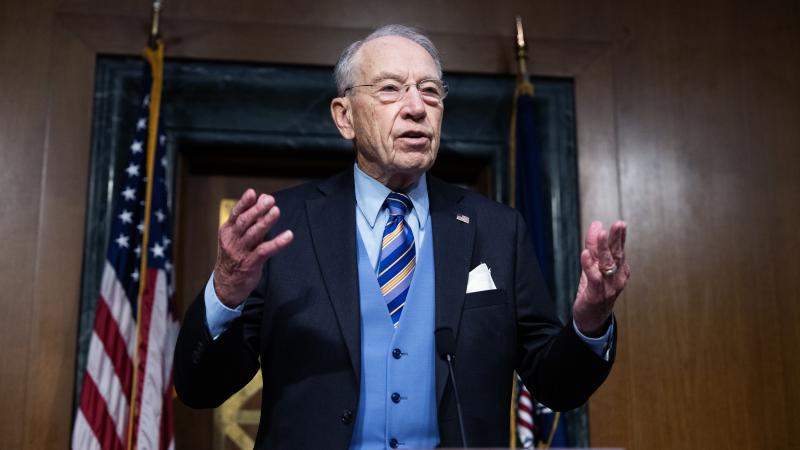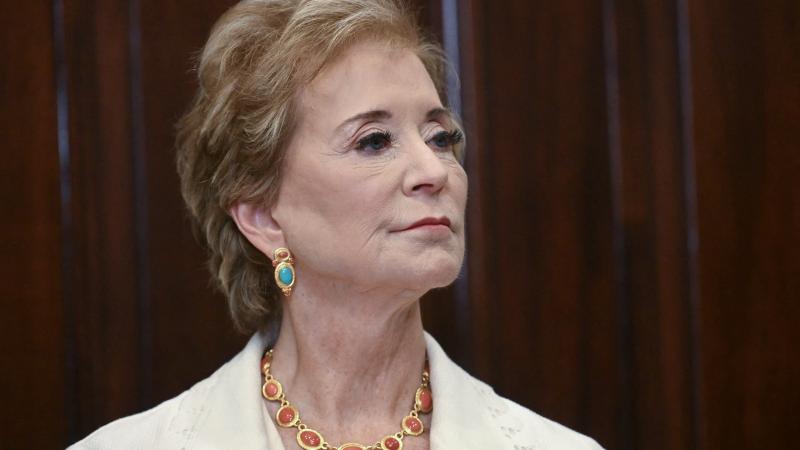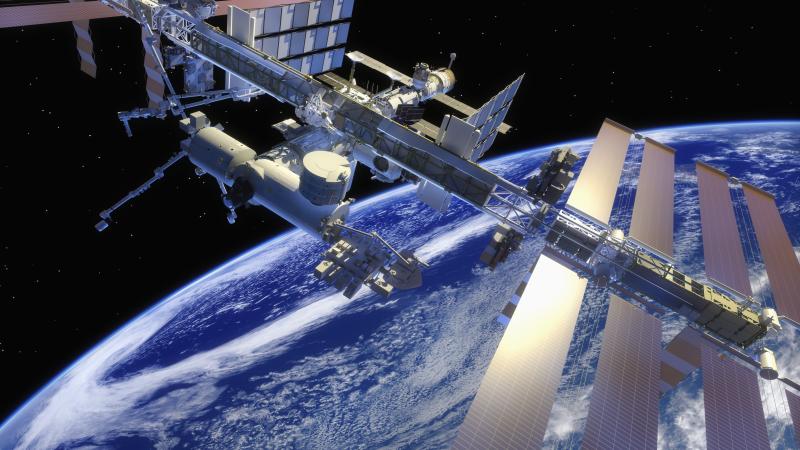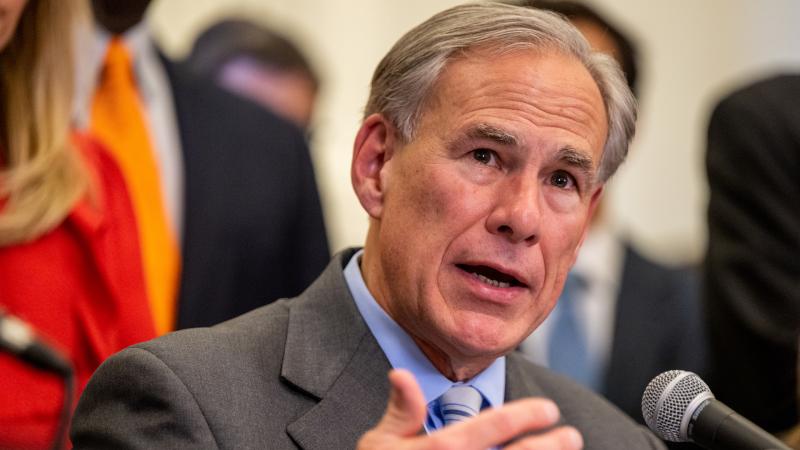Media blitz blames high grocery bills on climate change, but study cited is ‘pathetic,’ expert says
The lead author of the study, Barcelona Supercomputer Center researcher Maximilian Kotz, made no secret that the aim of the study is to advance anti-fossil fuel policies. "Until we get to net-zero emissions, extreme weather will only get worse,” the researcher said.
Legacy media pushing narratives about the negative impacts of climate change – blaming everything from obesity to the Taliban on global warming – is not uncommon.
This week, multiple outlets carried stories tying rising grocery prices to climate change.
“How climate change is raising your grocery bill,” Bloomberg reported.
“Extreme weather is driving global food-price spikes, report says,” was the headline of the article that The Wall Street Journal carried.
CNN chimed into this conversation with, “Extreme weather caused by climate change is raising food prices worldwide, study says.” And Axios reported that “Grocery bills are rising as the planet cooks.”
The articles were all reporting on a study by the Barcelona Supercomputer Center (BSC), which was published in peer-reviewed journal Environmental Research Letters on Monday. In a press release, the lead author of the study, BSC researcher Maximilian Kotz, made no secret that the aim of the study is to advance anti-fossil fuel policies.
"Until we get to net-zero emissions, extreme weather will only get worse, and it's already damaging crops and pushing up the price of food all over the world,” he said about the study.
Scrutinizing the study
Besides the fact that modern agriculture is heavily dependent on diesel-powered machinery and natural-gas based fertilizers, Linnea Lueken, Heartland Institute energy research fellow, told Just the News that the study’s conclusions deserve more scrutiny than the legacy media granted it. She called the report “pretty pathetic.”
“They do use model constructions they built, but it’s more like a literature review. They just make up a bunch of claims that they don’t even bother to pin citations to, to back up at all, which is pretty strange,” she also said.
Lueken pointed out the entire content of the study itself was four pages, not including references, and the authors used the word “unprecedented” eight times.
In an article on ClimateRealism.com, a site maintained by the Heartland Institute, Lueken explains that the “unprescendented” events impacting agriculture that the study examines are based on surface temperatures and precipitation events within a limited time frame.
“They're using ‘unprecedented’ pretty loosely here. I suppose it's technically right, if it's unprecedented in the data sets they chose to use. But they certainly didn't try to do an in-depth historical analysis of these weather events around the world,” Lueken said in an interview.
The authors analyzed 16 weather events – heat waves, droughts and floods – around the world from 2022 tol 2024 that caused crop failures and briefly drove up food prices in some areas.
Lueken said that when you’re looking at the entire globe, there are always multiple extreme weather events and these will impact agriculture. Someone looking to pin crop failures on climate change will always have multiple examples to work with, she said.
“Regardless of climate change, there's always going to be extreme weather somewhere that has an effect on some crop that they can target to use for these kinds of claims,” Lueken said.
Contradicting the IPCC
She also points out that the research of the Intergovernmental Panel on Climate Change (IPCC), a consortium of the world’s leading climate scientists, does not support the claim that human-caused climate change is driving an increase in droughts and floods.
Other researchers agree.
“The IPCC does conclude with high confidence that human-caused climate change affects the hydrological cycle,” Dr. Roger Pielke Jr., senior fellow at the American Enterprise Institute, explains in an article summarizing the various points in the IPCC research on the topic.
On his “The Honest Broker” Substack, Pielke explains that the IPCC is “unequivocal in its conclusions about the relationship of floods and climate change.”
“In summary there is low confidence in the human influence on the changes in high river flows on the global scale. In general, there is low confidence in attributing changes in the probability or magnitude of flood events to human influence because of a limited number of studies, differences in the results of these studies and large modelling uncertainties,” the IPCC states in its latest assessment report.
What about other causes?
The Bloomberg article on the BSC study claims that, “Climate change brings with it higher temperatures and extreme rains, which can lower yields and make the crops that are harvested more expensive.”
While high temperatures and extreme rains have impacted crops since humans began cultivating them, crop-yield data doesn’t provide evidence that the globe is experiencing any consistent or increasing crop failures as a result of extreme weather. Multiple crops across multiple regions are seeing record-high yields, including staples such as wheat, barley, corn, rice and soybeans. Likewise, death rates from malnutrition are at historic lows.
While the Bloomberg article ties food shortages to climate change, down near the bottom of the article, it notes that “food price shocks” are very short lived, “because high prices incentivize more production, which brings prices back down.”
The CNN article makes no mention of other factors impacting food prices, other than to say climate change can exacerbate inflation, and the Wall Street Journal doesn’t explore any other causes for price spikes.
Axios does mention that “not all food inflation is climate-related,” after selecting a number of anecdotes of bad weather impacting agriculture to imply these are all driven by human-caused climate change. This includes claims that coffee prices are up as a result of crop losses from heat and drought. Lueken has written articles showing that coffee crop yields are up significantly.
Objective journalism or climate advocacy?
Climate activist groups regularly pitch stories to reporters attempting to link current issues to climate change. Covering Climate Now, which partners with over 500 media outlets, including Bloomberg, bills itself as a resource for journalists covering climate change. The nonprofit regularly encourages the reporters at its partner outlets to incorporate climate change into all stories, no matter the topic.
The organization also argues that journalists should abandon any notions of traditional objectivity in service of a “climate crisis" narrative. Mark Hertsgaard, executive director of Covering Climate Now, recently complained in The Nation that journalists aren’t doing enough to frighten people about global warming.
Hertsgaard was reacting to a segment on CNN, in which Harry Enten, the cable news network's polling analyst, reported that Gallup data showed that 40%of Americans are “greatly worried” about climate change, which is the same figure as in 2000. Hertsgaard called climate change an “imminent threat” and argued reporters should do more to communicate that message, as opposed to presenting facts for readers to draw their own conclusions about the issue.
The Facts Inside Our Reporter's Notebook
Links
- obesity
- the Taliban
- Bloomberg reported
- The Wall Street Journal carried
- CNN chimed into this conversation
- Axios reported
- study
- Kotz said in a press release
- modern agriculture is heavily dependent
- Heartland Institute
- ClimateRealism.com
- explains in an article
- The Honest Broker
- states in its latest assessment report
- wheat
- barley
- corn
- rice
- soybeans
- historic lows
- written articles
- crop yields are up
- which partners with over 500 media outlets
- no matter the topic
- complained in The Nation
- reported that Gallup data

